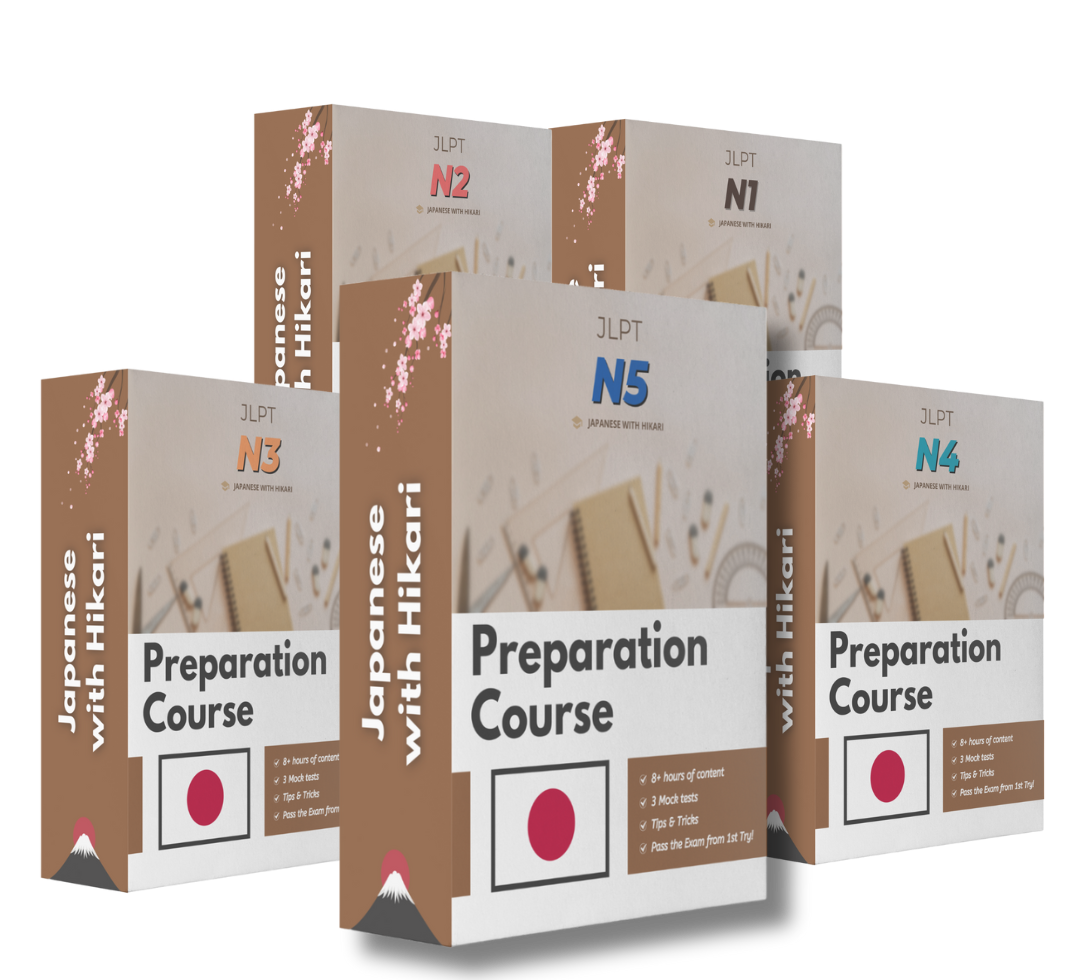JLPT N4 - Grammar 🌟 きっと kitto

Did you know that KitKat(キットカット), one of the most popular Japanese souvenirs, is also considered a good luck charm for students taking exams? 🍫✨
This comes from a play on words. In the Kyushu dialect, people say 「きっと勝つとぉ」 (kitto katsu to~), which means “You will surely win/pass!” Since it sounds very similar to “KitKat,” the chocolate naturally became a symbol of encouragement. From the late 1990s, it spread widely as an exam good-luck charm among students.
And today, we’re going to look at this important word: きっと (kitto).
In Japanese, we often use きっと to express a strong guess or confident prediction. It’s super handy when you want to show certainty (or near-certainty) about something. Let’s explore how it works!



たぶん (tabun) → means maybe / probably (less certain than きっと).
彼は たぶん 来る。
kare ha tabun kuru.
Maybe he will come.
必ず (kanarazu) → means without fail / absolutely (stronger and more formal than きっと).
必ず宿題をしてください。
kanarazu shukudai o shite kudasai
Be sure to do your homework.
💡Tip:
Think of きっと as “I’m pretty sure!”.
It’s less strong than 必ず, but much stronger than たぶん.
Also, the position of きっと, たぶん, or かならず is flexible.
They often come right after the subject, but in daily speech, you often hear them at the beginning of a sentence too.
Examples:
彼はきっと来る。(kare ha kitto kuru) → He will surely come.
きっと彼は来る。(kitto kare ha kuru) → Surely, he will come.
明日は きっと いい日になるよ。
ashita ha kitto ii hi ni naru yo.
Tomorrow will surely be a good day.
彼は きっと 来ると思います。
kare ha kitto kuru to omoimasu.
I’m sure he will come.
明日はきっと晴れます。
ashita ha kitto haremasu.
Surely it will be sunny tomorrow.
彼はきっとまだオフィスにいます。
kare ha kitto mada ofisu ni imasu.
He’s surely still in the office.
きっとテストは かんたんだと思います。
kitto tesuto ha kantan da to omoimasu.
I think the test will most likely be easy.
彼女はずっと努力をし続けているので、きっと成功するでしょう。
kanojo ha zutto doryoku wo shi tsudzukete iru node, kitto seikou suru deshou.
She has been working hard continuously, so she will surely succeed.
あなたはこのブログを楽しく読んでいるから、きっとひかり先生と日本が好きです。
anata ha kono burogu wo tanosiku yonde iru kara, kitto hikari sensei to nihon ga suki desu.
Because you’re enjoying this blog, I’m sure you like Hikari-sensei and Japan.

- Grammar Point: きっと (kitto)
- JLPT Level: N4
- Meaning: Surely, definitely, most likely
- Quick Explanation: きっと is an adverb placed before a verb, adjective, or phrase.
It expresses the speaker’s strong belief, expectation, or confident guess.
So that’s how we use きっと in Japanese!
Even without using きっと, a sentence still makes sense. But by adding きっと, you can express your confidence and strong belief about the future or about something you feel certain of.
When you can convey those subtle nuances of your feelings, learning Japanese will きっと become even more fun! ✨
Your Sensei,
Hikari 👩🏻🏫
Get Hikari's JLPT Mock Exams & Preparation Lessons!
Whether you are studying to pass the JLPT or looking for a challenge in your learning journey, these courses are perfect for you!
Join my ニュースレター Newsletter 📩
You can expect an email from me once a week about Japanese culture.
Don't worry, your information will not be shared.
We hate SPAM. We will never sell your information, for any reason.






